Save Yourself Lots of Time and Money: Pay for a Skilled Teacher
As someone passionate about teaching music, I am pained whenever I meet prospective students whose former guitar teachers misled them. In many cases, the students would have likely been better without the instruction for which they had paid.
Unfortunately, many teachers do not take a vested interest in their students. Furthermore, some teachers need more experience, skills, and wisdom; these teachers often overlook crucial elements to the student's detriment.
Recently, I met with a young prospective student who had taken two years of guitar lessons. His mother explained that she and her son had grown disenchanted with their former teacher over the past several months and was looking for a new guitar teacher.
His mother said that despite her son's assiduous guitar practice, he felt the teacher was not addressing his musical interests; this was a bit of a surprise since most teachers tend to address the musical interests of their students.
While assessing the student's musical and technical abilities, I quickly noticed some other significant deficiencies. After two years of lessons, he could not play without reading it in either standard music notation or tablature (i.e., TAB).
In over 30 years of teaching professionally, many prospective students should have been much further along than when I first met them; however, I had never encountered one who could not play a single open-chord or simple melody.
When I tested his music reading ability, I was dismayed to find that his music reading level was one of a student who has been studying for five or six months. And this amount of time would likely be three or four months for a student whose lesson focused exclusively on reading music.
The silver lining is that he and his mother began to recognize that he was not as advanced as he should be after two years of lessons. Commonly, students take years or decades to notice the many neglected deficiencies in their playing.
His mother asked about my tuition rates. I stated that my current base fee is $40 per half an hour for students who see either of my teaching studios.
She met my quote with reluctance and asked if I could teach for less. I then asked the mother what she had been paying her son's former teacher. $30 per half an hour was her response. At this point, I asked the following questions:
Did the former teacher have close to or more than twenty-five years of experience?
Did the former teacher have a degree in music education?
Did the former teacher have a Master's degree in Music?
Did the former teacher have a Ph.D. in Music?
Did the teacher have any well-received music education books published?
"No," was the answer to all the questions above.
With me, her son would have taken only four months of lessons to accomplish the same music reading level or better. Additionally, he would have learned at least several songs of his choosing and had a vocabulary of at least two-dozen chords.
Let's look at the math:
Two years of lessons @ $30 per half hour (46 lessons/year) = 92 lessons = $2760
Four months of lessons @ $40 per half hour (4 lessons/month) = 16 lessons = $640
Her son would have advanced almost ten times faster, and she would have saved over $2000 even while paying me $10 more per half an hour.
The fees for a teacher with decades of professional experience, the highest degree of education, and well-received publications in their field will be higher than the average or below-average teacher; however, this will save you much more time and money, as the example above demonstrates.
An ineffective or incompetent teacher may also do more to hinder a student's ultimate progress and interest. In many cases, a student may be better off studying independently. Even if a more experienced and competent teacher is $10, $20, or $30 above the average teacher's fee, the speed at which the student will advance will be much faster and proportionately less expensive.
